The cancellation of export tax rebates, how do Chinese enterprises cope with the changes?
In recent years, with the profound changes in the global economic pattern, a New Deal in China's foreign trade field has attracted wide attention: the cancellation of export tax rebate policy. The policy has been credited with driving the rise of Chinese-made goods, making them more competitive internationally by reducing the tax burden on exporters. However, the cancellation of this policy is undoubtedly a "policy earthquake", which has caught many export enterprises by surprise.
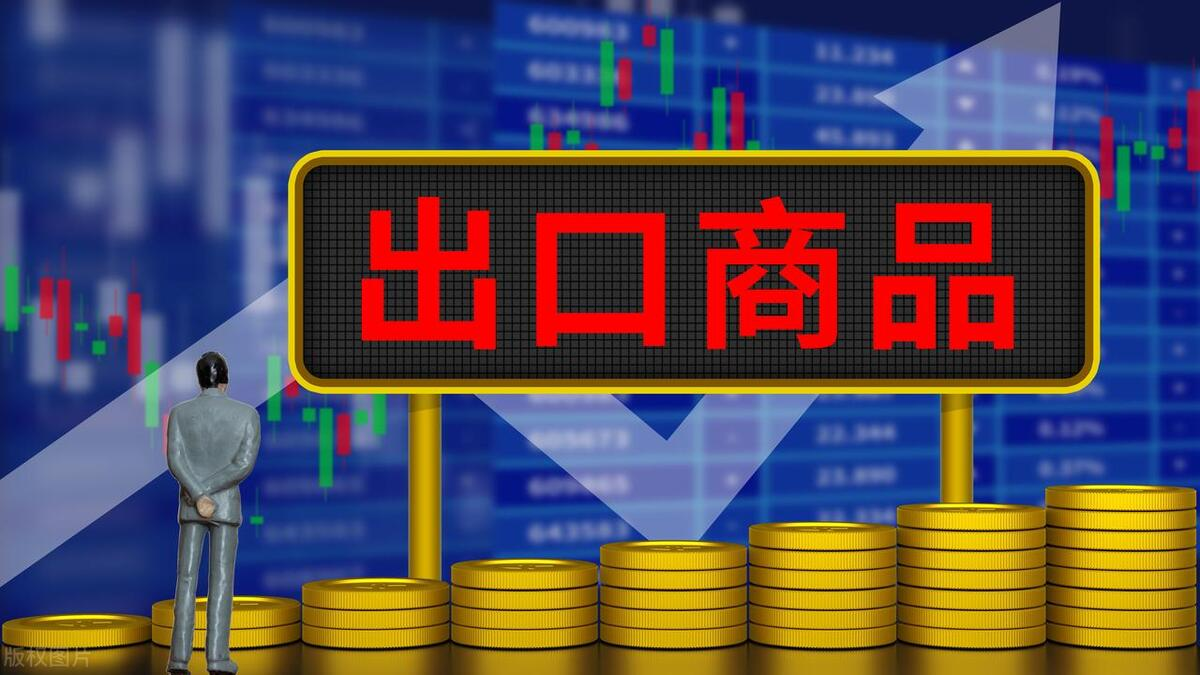
What does the cancellation mean? What is the future of China's foreign trade enterprises? This event is not only related to the adjustment of economic structure, but also has a profound impact on the global competitiveness and strategic transformation of Chinese enterprises. Today, we will analyze the impact of this policy change from multiple perspectives and explore how companies can cope.

I、 the policy background and original intention of the cancellation of export tax rebate
First, we need to understand the background to the policy cancellation and the logic behind it. In recent years, China's economy is transforming from high-speed growth to high-quality development, and the dual cycle strategy of "combining internal and external cycles" has gradually become the core direction of national economic development. In this strategy, the cancellation of the export tax rebate policy is more to force enterprises to accelerate upgrading, get rid of the dependence on "low-price competition", and turn to higher value-added products and services.
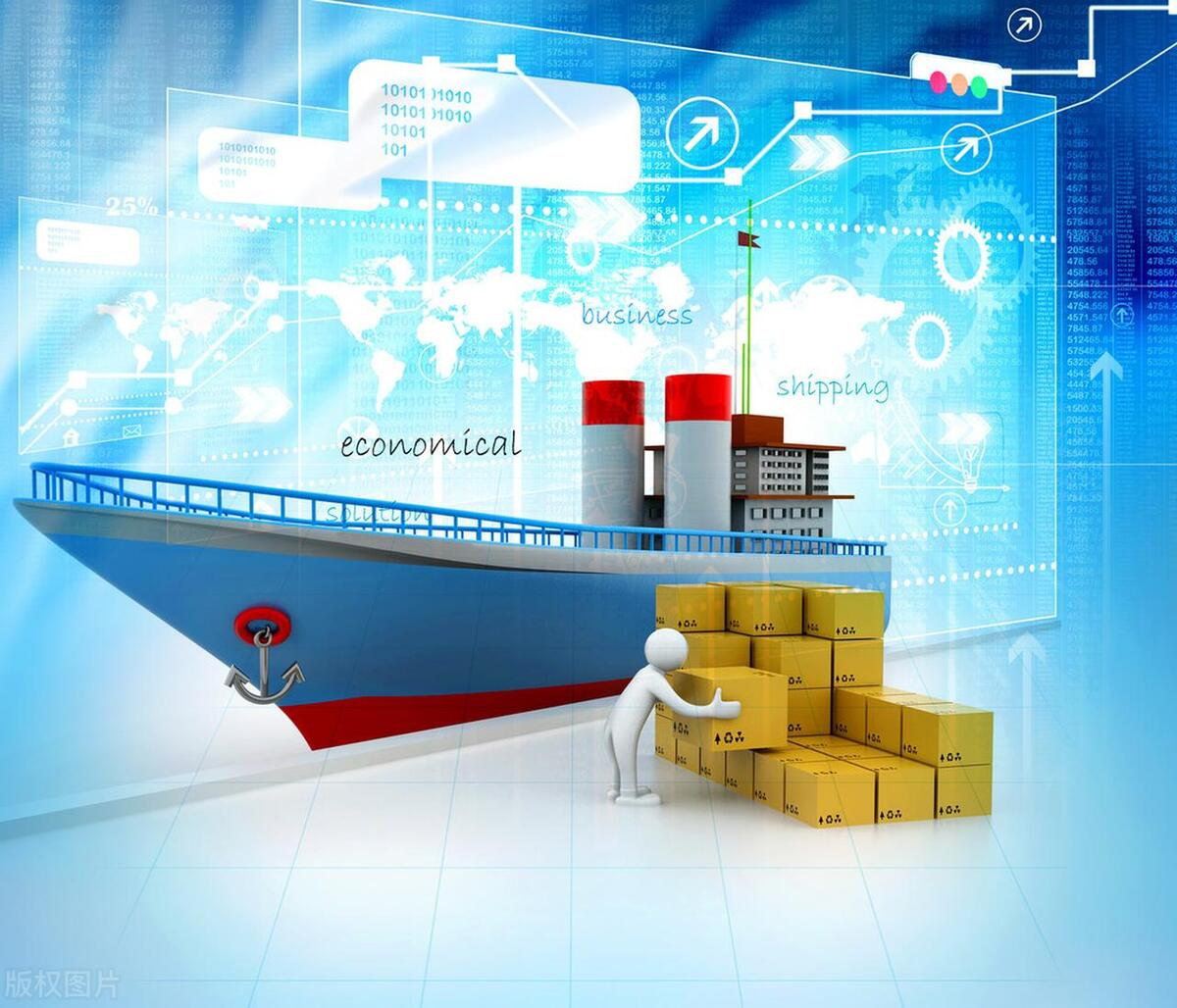
In addition, the global economy is increasingly complex and volatile, trade frictions are frequent, and simply relying on price advantages to seize the market is no longer a sustainable way. The cancellation of tax rebates is actually a key move by the state to adjust the economic structure, optimize the allocation of resources, and guide the transformation and upgrading of enterprises. The idea behind the policy is to get Chinese companies out of the "comfort zone" of traditional manufacturing and shift to an innovation-driven development model.
II、the cancellation of export tax rebates on foreign trade enterprises far-reaching impact
The cancellation of the policy has undoubtedly brought impact to the foreign trade export industry, but it is also a game of "danger" and "opportunity" coexist.
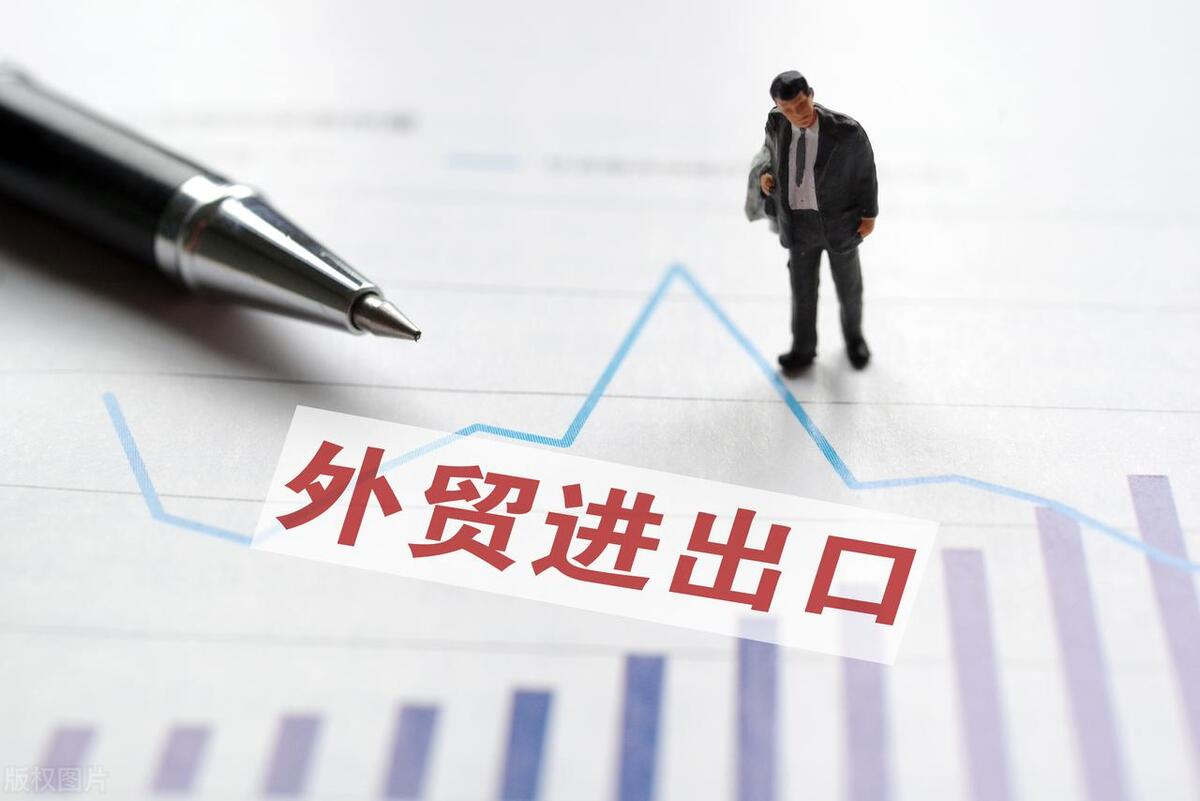
1. Short-term impact: rising costs and squeezed profit margins
Export tax rebate once provided a certain cost subsidy for enterprises, and now the cancellation of the policy directly leads to the increase of production and sales costs of export enterprises. In particular, traditional manufacturing and labor-intensive industries, which have low profits, the cancellation of export tax rebates may make some enterprises face "unprofitable" difficulties, and even force enterprises to reduce the scale of exports.
2. The inevitable pressure of industrial upgrading
Without the support of the tax rebate policy, the core of enterprise competition will turn more to technology, brand and quality. This is undoubtedly a huge pressure on enterprises that have not yet completed the transformation, but at the same time, it also provides a broader market space for innovative enterprises with an early layout.
3. Global trade competition intensifies
After the policy is lifted, Chinese companies will face greater competition from goods from other countries. Some developing countries, such as Vietnam and India, have lower production costs and enjoy certain export tax incentives, and Chinese exporters may lose their advantage in the traditional price war.
III、Opportunities behind the cancellation of export tax rebates: industrial upgrading and brand rise
Although the cancellation of export tax rebates has a greater short-term impact on enterprises, in the long run, it may be an opportunity to promote the transformation and upgrading of Chinese enterprises.
Promote high-end products and innovation drive
The policy adjustment will force enterprises to pay more attention to product research and development and technological innovation. Those that focus on high value-added products will be more competitive. For example, new energy vehicles, smart homes, high-end equipment manufacturing and other fields have become new sources of China's export growth in recent years.
2. Build an international brand image
The fading of low price advantage also forces enterprises to pay more attention to brand building. In the past, many enterprises based on the OEM model, but in the context of the cancellation of tax rebate policy, the development of independent brands, expand the international market has become an inevitable choice. This will help Chinese brands gain a more solid position in the global market.
3. Promote the development of the "double cycle" strategy
At the same time that external demand is slowing down, the adjustment of policies will encourage more enterprises to return to the domestic market and tap the potential of domestic economic growth. By meeting the demand of domestic consumers for high-quality goods and services, enterprises can achieve a two-way balance between internal and external markets and enhance their resilience to risks.
IV、How do Chinese companies respond to the new policy?
Faced with the challenge of the cancellation of export tax rebates, Chinese enterprises need to prepare for a rainy day and actively adjust their development strategies. Here are some possible ways to cope:
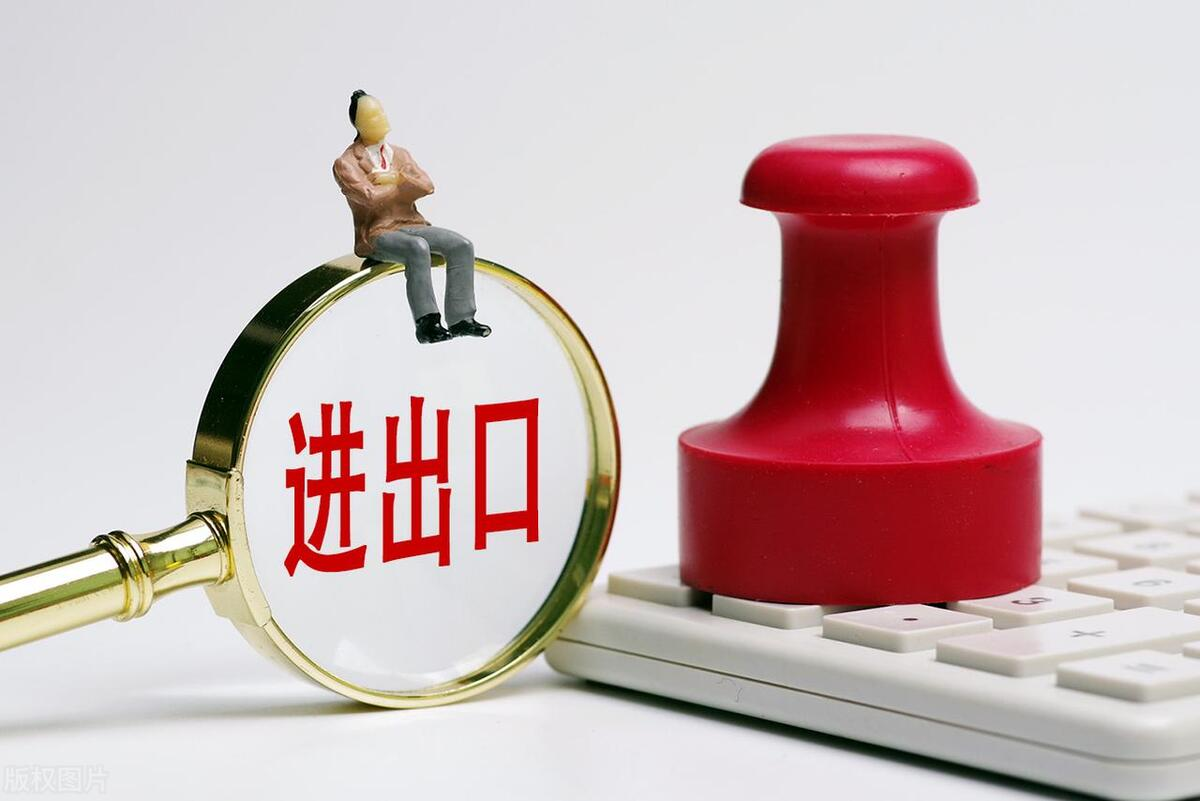
1. Optimize the production structure and enhance the core competitiveness
Enterprises need to increase investment in research and development, optimize production processes, and improve efficiency and quality in all aspects from product design to production management to meet the challenges of rising costs.
2. Deepen the global market and optimize the market layout
Companies can reduce their dependence on the single market by expanding markets in countries along the Belt and Road. At the same time, we will strengthen cooperation with emerging market countries to open up more export growth points.
3. Leveraging digitalization to transform marketing
Through platforms such as cross-border e-commerce, companies are able to reach global consumers more directly and free themselves from the constraints of traditional trade models. In addition, with the help of big data analysis, enterprises can more accurately understand the needs of the target market and adjust product strategies.
4. The government and enterprises should work together
Policy adjustment requires enterprises to actively adapt, and the government can also encourage innovation, provide financial support, improve the tax system and other means to help enterprises through the adjustment period.
V、Future Outlook: China's foreign trade in transition
The cancellation of export tax rebates does make enterprises face a lot of pressure in the short term, but from the overall point of view, this is a long-term game related to the optimization of China's economic structure. It forces enterprises to transform and upgrade, promotes China from a "manufacturing power" to a "manufacturing power", and lays the foundation for Chinese brands to win more respect in the global market.
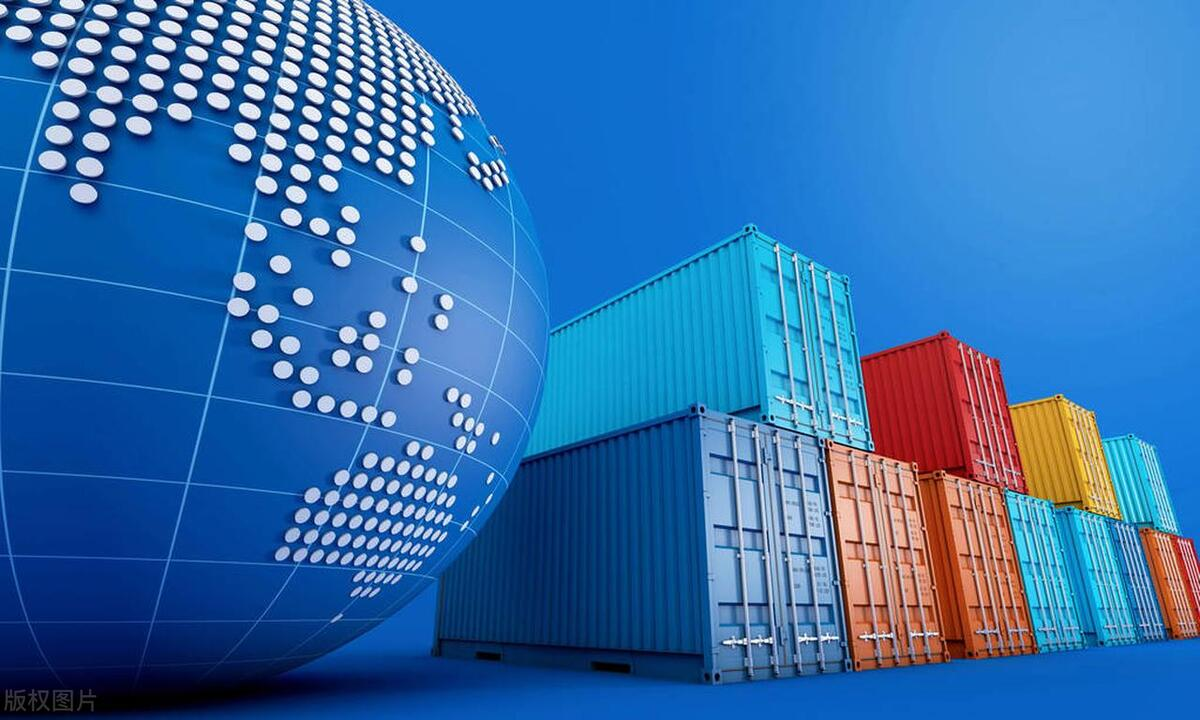
In the future, under the guidance of the new policy, Chinese enterprises will gradually rebuild their competitiveness through innovation-driven, high-end manufacturing, and brand building. Although the road of transformation is full of challenges, we have reason to believe that China's foreign trade industry will find a new breakthrough in the change and usher in a broader space for development. This is not only a new chapter in the development of enterprises, but also the only way for the high-quality development of China's economy!
The future of foreign trade enterprises is full of unknown, but behind every policy change, new opportunities are often hidden. In the face of changes, only by adhering to innovation and seizing opportunities can we move forward in the tide of globalization.



